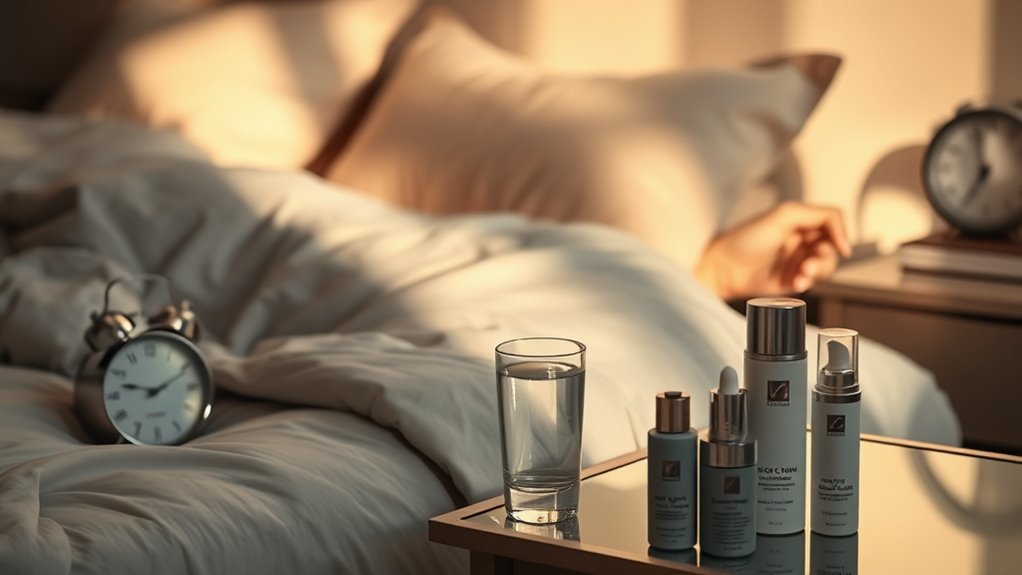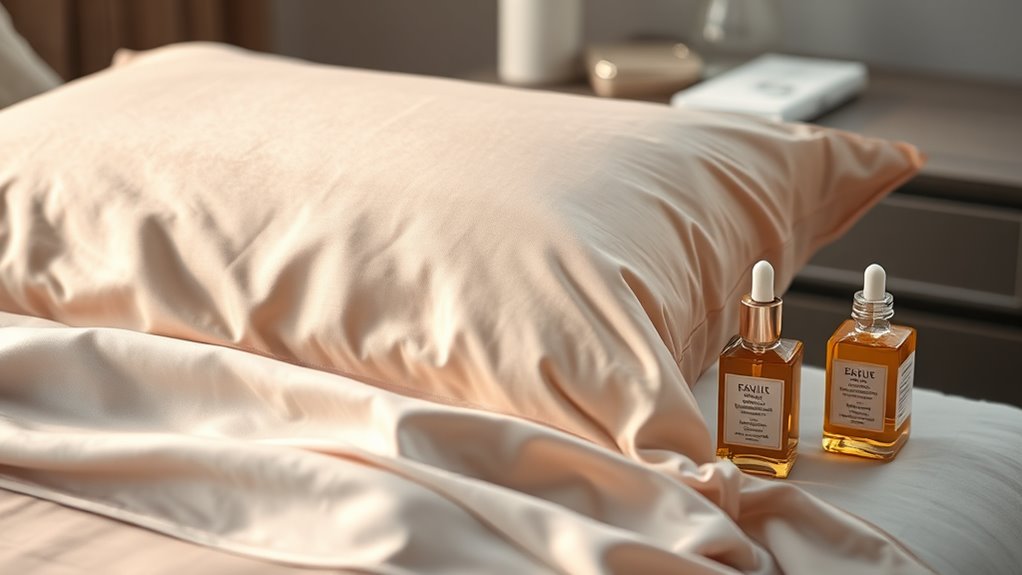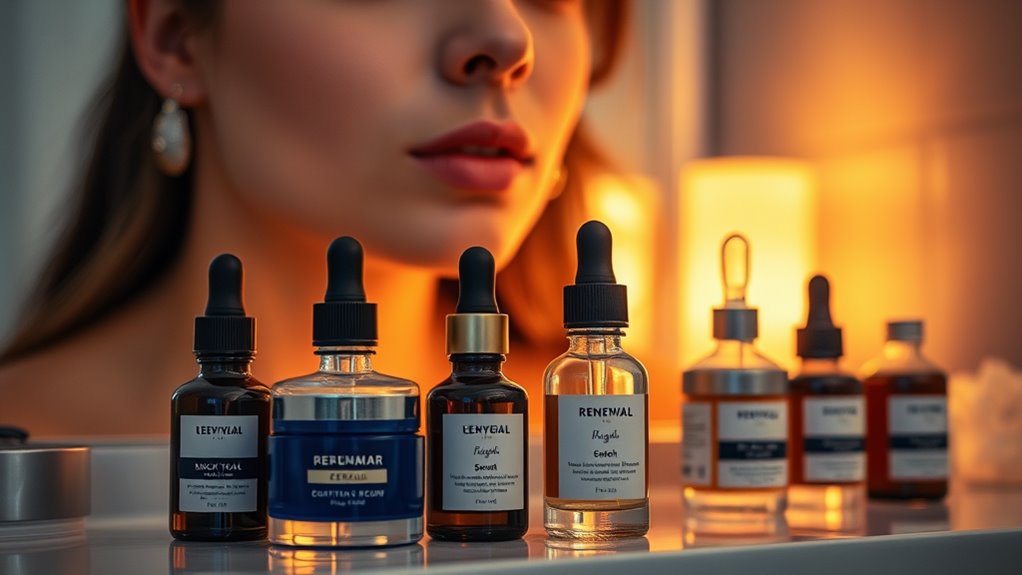How Your Sleep Routine Could Be Aging Your Skin (Fix It!)
Your sleep routine plays a crucial role in your skin’s health, often in ways you might not realize. Poor sleep can disrupt vital processes like cell regeneration, leading to premature aging signs. If you notice fine lines, a dull complexion, or dark circles, your nightly habits may be to blame. Understanding the link between your sleep patterns and skin condition could be the first step to reversing these effects. What changes can you make for healthier skin?
The Connection Between Sleep and Skin Health
How does your sleep quality affect your skin health?
Good sleep is crucial for achieving glowing skin. During deep sleep, your body repairs and regenerates skin cells, promoting a youthful appearance. Poor sleep disrupts this process, leading to increased inflammation and the breakdown of collagen, which can cause fine lines and dullness. Additionally, lack of sleep can elevate cortisol levels, resulting in breakouts and uneven skin tone. Prioritizing sufficient rest not only enhances your overall health but also supports your skin’s vitality. Aim for quality sleep to maintain a radiant complexion and prevent premature aging. Sleep for glowing skin isn’t just a saying; it’s essential.
Moreover, studies show that inadequate sleep can accelerate the aging process, impacting your skin’s texture and elasticity.
Signs Your Sleep Routine Is Hurting Your Skin
Are you noticing more fine lines or a dull complexion? These could be signs your sleep routine is negatively impacting your skin. Poor sleep quality and irregular patterns can lead to increased stress hormones, which in turn accelerate skin aging. Incorporating beauty sleep tricks into your night routine can significantly improve your skin’s appearance.
| Sign of Skin Damage | Possible Cause |
|---|---|
| More fine lines | Decreased collagen production |
| Dull complexion | Impaired skin regeneration |
| Increased breakouts | Hormonal imbalances |
| Dark circles | Reduced blood flow |
Recognizing these signs is crucial. Adjusting your sleep habits might just restore your skin’s youthful glow.
Tips for Establishing a Skin-Friendly Sleep Routine
What steps can you take to create a sleep routine that benefits your skin?
First, aim for seven to nine hours of quality sleep each night, allowing your skin to repair itself.
Establish a consistent bedtime by going to sleep and waking up at the same time daily.
Reduce screen time an hour before bed to minimize blue light exposure, which disrupts melatonin production.
Create a calming environment with dim lighting and a cool room temperature.
Lastly, consider using a silk pillowcase, as it reduces friction and helps maintain moisture, promoting healthier skin. Additionally, your pillowcase material can significantly affect your skin health, as certain fabrics can harbor bacteria and lead to breakouts.
Prioritize these habits for optimal skin rejuvenation.





